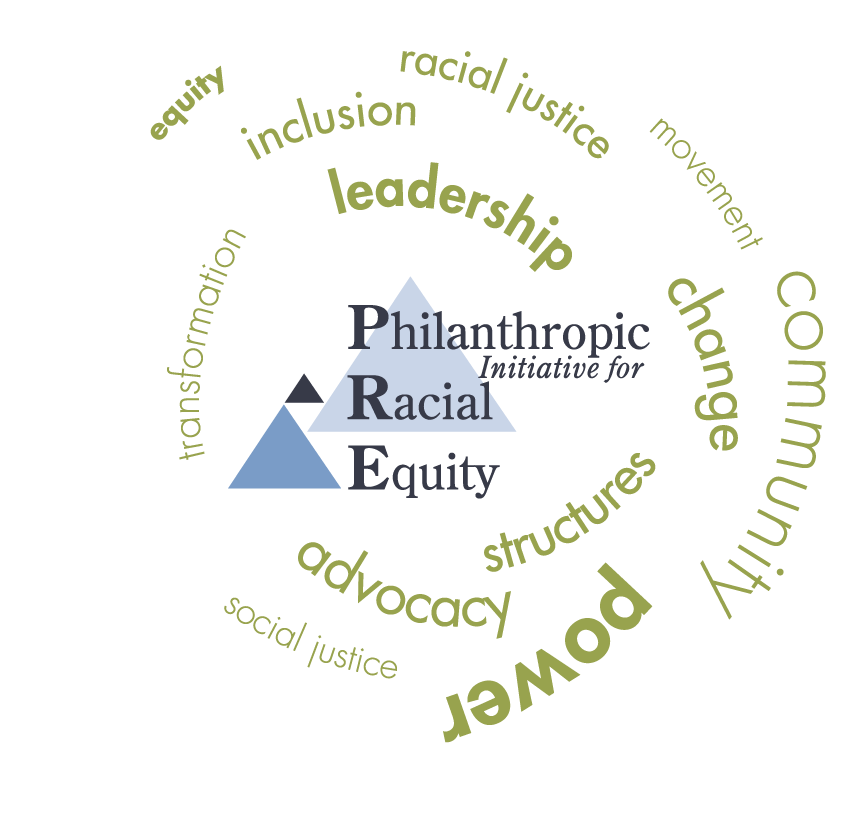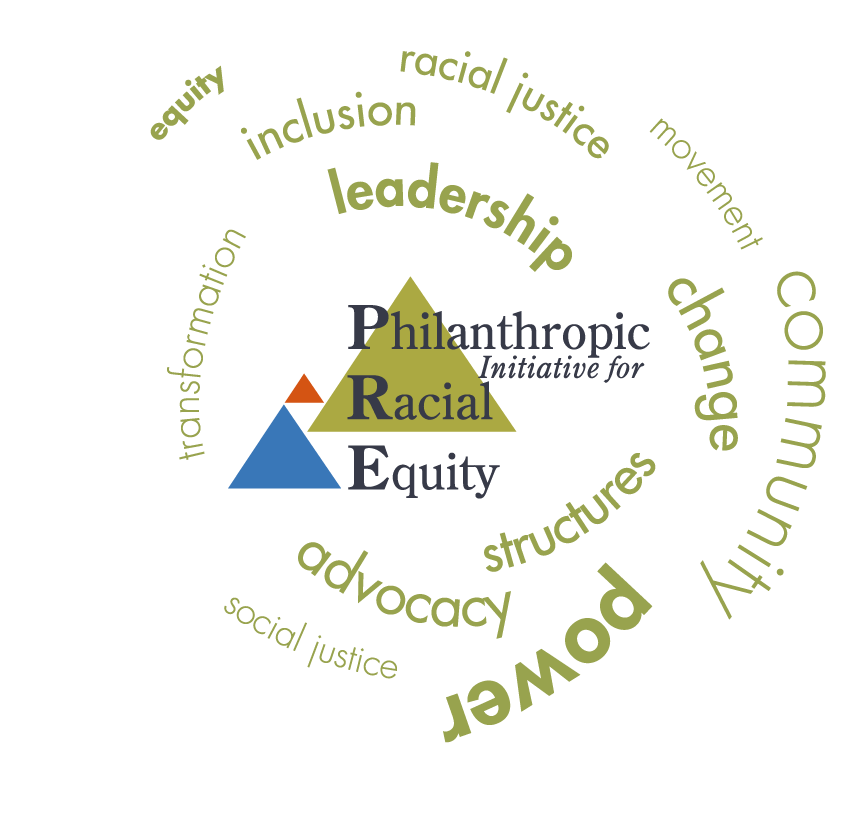Respond to internal resistance to racial justice lens
Resistance is bound to arise as a foundation undergoes these explicit, clarifying processes that will determine its grantmaking approach. It is a normal part of antiracist organizational development.
Resistance can take active, passive, and, at times, diversionary forms. The active might include expressing reservations about a racial justice direction or constant deflection of race discussions in favor of class, democracy, or another exclusive, non-racialized frame. The passive might look like raising concerns about staff getting ahead of board or management, and yet withholding full participation in educational sessions. Diversionary resistance is increasingly common as racial justice concerns become harder to avoid. To divert, funders generate lots of activity without actual action—for example, by requiring duplicative field scans or continually adding new layers of processing before decisions can be made and action taken.
It’s easy to ascribe motivations behind opposition to a racial justice lens, but inquiry should always be the first step. Not all resistance is the same. Ask questions, engage, and try to identify the source of objections through one-on-one and group conversations. Common sources of resistance include fear of displacement, disagreement that racial justice is central to social change, reluctance to name racism explicitly even if that agreement exists, or anxiety about capacity and overwork. (See following graphic for ways to respond to these objections.)
Use this diagram from Grantmaking with a Racial Justice Lens: A Practical Guide to help navigate conflict, facilitate honest dialogue, normalize truth-telling, and develop individual and collective feedback muscles.

Grantmaking with a Racial Justice Lens centers what racial justice activists want funders to know. In addition to recommendations for addressing resistance, it features experienced funders’ stories and how-to tips on advancing foundation practices to achieve racial justice such as:
- Determining positive and negative consequences of using philanthropic intermediaries for your sustained racial justice
- Key questions to ask before funding white-led organizations to lead racial equity or justice work
- Learn more about Grantmaking with a Racial Justice Lens: A Practical Guide
- Correcting the course of some problematic trends in racial equity and justice funding
- And more


